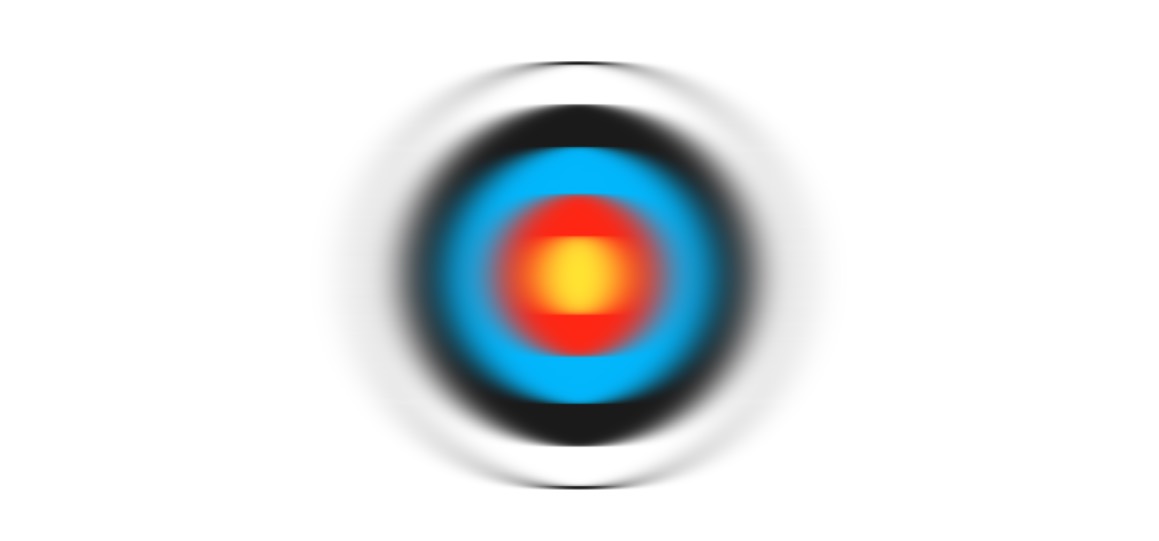Goals are good, right? And SMART goals are better, of course.
Or not. Beware of anything that gets repeated this often, especially when it includes the term “smart” — surely one of the dumbest, most irritating words in the current lexicon.
SMART goals, in case you haven’t been told a hundred times, are goals that are Specific, Measurable, Agreed-Upon, Realistic and Time-based. Or some variant thereof.
Now it’s true, a goal like that can be a worthy objective, and you might sometimes arrive at it. What’s patently absurd is to expect anything this precise to show up at the beginning of a thinking process.
Precision is an outcome, not a starting point.
If you start with precision, you short-circuit the process. You almost certainly haven’t taken enough data into account—such as context, history, possible futures, other people’s perceptions, missing information… the list goes on. Absorbing the full spectrum of information, and subjecting it to a methodical process, is one of the defining functions of effective thinking.
And it takes time. Sorry, it just does.
A truly precise, measurable goal is an outcome in itself. You have to work your way towards it. So where do you start? After all, there must be something to suggest direction, otherwise you’d be floundering in a sea of random possibilities…
The Value of Vague
Here’s the answer. You start with a fuzzy goal. Precisely the kind of goal the Official Goal Setters love to denounce. “It’s not good enough to say, ‘We want to grow our business’” they tell us. “How much do you want to grow? In which markets? By when?” Etc. etc.
Hey buddy, slow down please!. We don’t know what we don’t know. Feel-good precision is not going to serve us here. Just deciding we want to grow might be the best possible starting point. Then we can open ourselves to all the data that might help us discover—through a methodical, analytic process— the right numbers, the right end-dates, the right parameters to aim for. First the fuzzy goal, then the process, then the precise goal. And then, whatever needs to follow…
A few months ago I was taking a ride with Lyft, which before COVID was one of my primary research sources. My driver was a sad, lively, intelligent millennial. Sad because, he confessed, he didn’t know his purpose. Obviously he’s learned that You Must Have a Purpose. Poor kid. I tried to reassure him: I’m an extremely late developer. I didn’t uncover anything I could properly call a “Purpose” till I was in my 50s. Some of us are lucky (is it lucky?) and fix our life direction from the age of six. Some of us need decades to gather and assimilate and ponder swathes of experience before we can figure what we’re here for. That’s karma.
I asked my young chauffeur what made him happy. He said, “Helping people.” I said: “Well that seems a great starting point. Perhaps you can find a career that’s all about helping people.” Surprisingly, this hadn’t occurred to him, and he appreciated the comment. But was my input SMART? Absolutely not. “Helping people” is about as fuzzy as you can get. And that’s all that was needed to initiate a long exploratory process: a fuzzy goal.
Think Better! Try Braincat Today.
